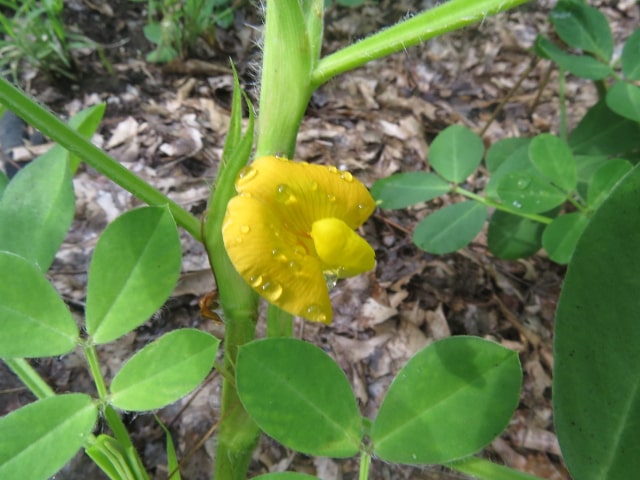
The peanut (Arachis hypogaea) is not among the most common gardening plants, but there are so many reasons to grow it. It is a great snack, and it can also be used in cooking. Peanuts are very healthy so you may wish to grow them in your garden and always have enough to enjoy.
A great thing is that peanuts are relatively easy to grow. They are tolerant of many different soil types, and they dont require as much attention as many other plants.
If you choose to grow peanut plants in your garden, you will probably want to combine it with other plants. Choosing the best peanut companion plants will make your garden look great, and it can also be beneficial for your peanuts and other plants you grow around it.
Why Use Peanut Companion Plants?
Peanuts is a plant that goes great with numerous flowers and herbs, because peanut leaves and stems have scented oils. This can benefit the surrounding plants and make for a great addition to any garden. The only thing you need to ensure is that the companion plants have the same growing requirements as peanuts.
In addition to aesthetics, there are other advantages to using peanut companion plants. For example, flowering plants and some herbs will have amazing flowers that will attract beneficial insects that will help with pollinating peanut flowers. Another advantage is pest prevention.
Keep in mind that peanuts grow low: they are ground nuts and they will grow close to the soil. The height is important because it determines the height of good companion plants for peanuts. Also, all peanut companion plants need to have the same growing requirements, which means full sun, fertile sandy loam and well-drained soil. Luckily, there are many plants you can use along with peanuts in your garden.
The Best Peanut Companion Plants
There are many different flowering plants, herbs and vegetables that work great as peanut companion plants. Here are the best ones you can use in your garden:
Vegetables
Peanut plants go well with many different types of vegetables. The best ones to us as peanut companion plants are cucumber, squash, tomatoes, and melons. Other good candidats are potatoes, beets and carrots. These are vegetables that have about the same growing requirements as peanuts. Also, these vegetables are of optimal height, so it wont put your peanut plants in too much shade. You can also combine peanuts with short season vegetables such as lettuce, radishes, spinach and snow peas. These are good to use because they typically complete their production much before peanut plants produce flowers, so they wont compete for the soil. Additionally, cabbage and celery can also serve as good peanut companion plants.
Flowering plants
These are great because they add a nice visual effect to the garden, but they are also helpful in increasing pollination or protecting your peanut plants from aphids. Some good companion plants for peanuts are marigolds, nasturtium and cosmos – they attract insects that eat aphids, which can protect your peanut plants from these pests. Another good companion plant for peanuts is hibiscus.
Herbs
Like flowering plants, herbs can be very helpful in protecting your peanut plants from aphids, particularly mint, rosemary, tansy, savory, and parsley. Some herbs have profuse flowers that attract beneficial insects as pollinators.
Fruits
Some fruits make great companion plants for peanuts. Strawberries are probably the best, because they are not only beautiful, but their runners can make a good ground cover in their first year, which prevent the spread of weeds. The runners also prevent water evaporation, so they help conserve soil moisture. Strawberries grow lower than peanut plants so they would not suffocate the peanut. However, make sure to prevent the runners from rooting within 3 inches of the peanut plant. When it comes to fruits, other good choices you can use for peanuts are raspberries and blackberries.
What to Avoid as Peanut Companion Plants?
In general, you can use many different plants with peanuts. What you need to avoid are very tall plants and crops that will put your peanut plants in too much shade. Because of this, it is best to avoid plants such as corn and pole beans. Shade will generally not kill peanut plants, but it can prevent the formation of nuts.
Also, make sure that any companion plant does not cover up peanut plants, which would reduce its exposure to sun. A notable exception are strawberries: they make excellent peanut companion plants, as noted above.
Photo credit: Kerry Woods
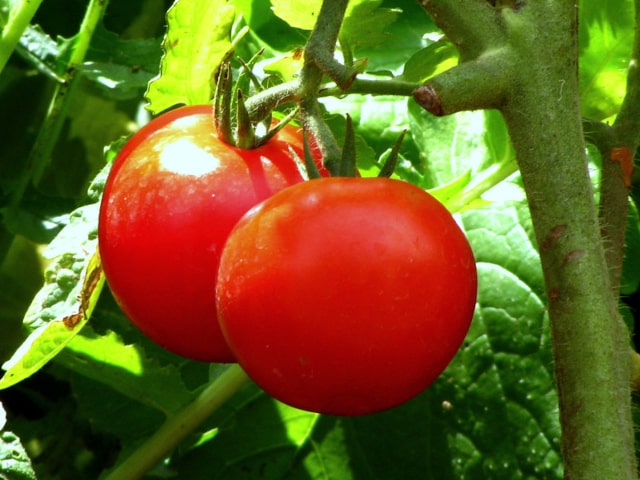
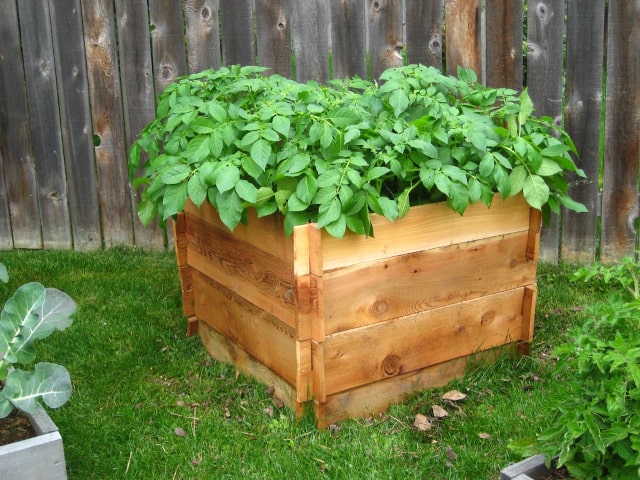
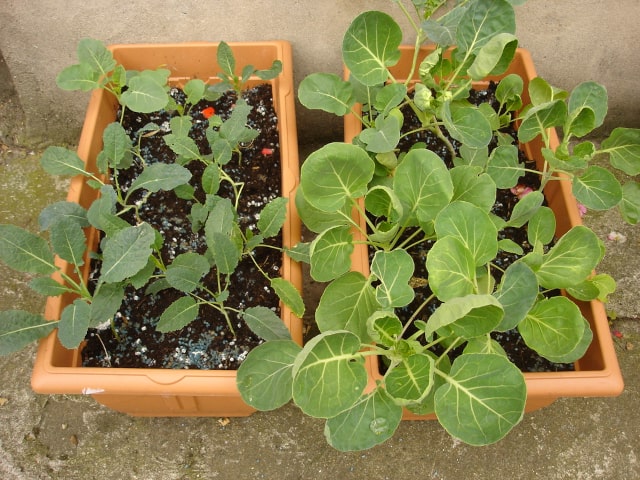
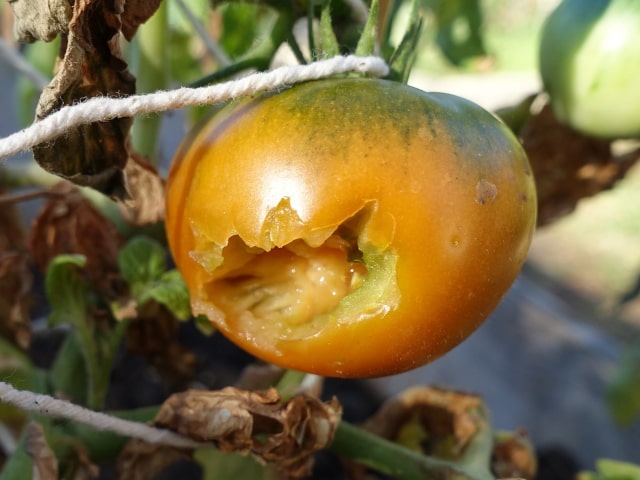
0 Comments